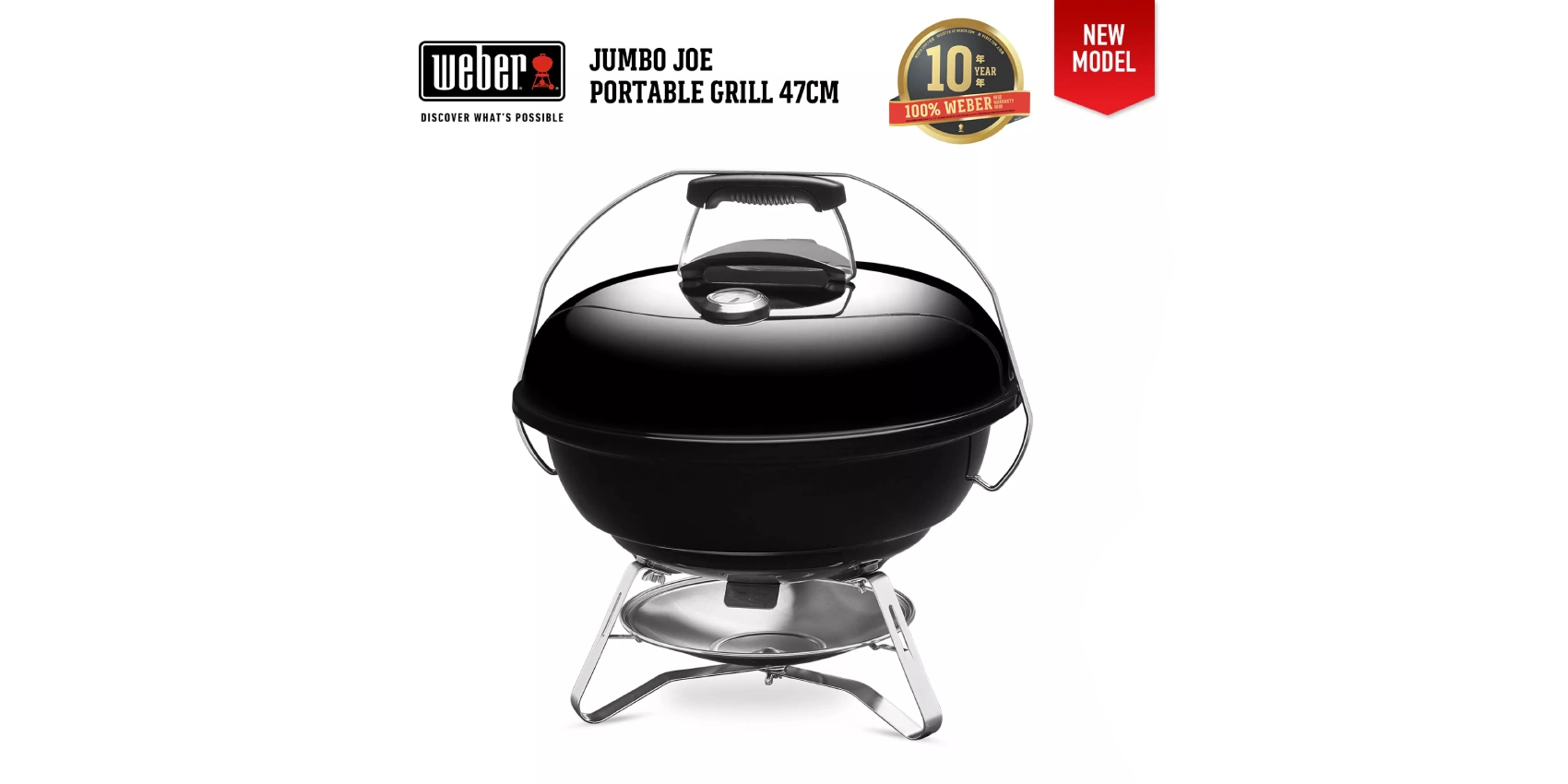I somehow managed to survive for 31 years without learning how to cook. Cooking always struck me as something complicated, arcane and unscientific. Taste is subjective, right? There were always plenty of cafes and restaurants around me, and nowadays, there is also a bunch of food delivery apps, so relying on that infrastructure seemed like a division of labor in action: isn’t it better to let the specialists do all those things? I entertained the idea of home cooking a few times in the past, but I never really acted on it.
A few weeks ago, I stayed in a national park in central Thailand. It’s a really nice place, and I was able to rent a cozy tiny house nearby a river. This place didn’t have access to restaurants and food delivery services, but it had a basic grill and a bunch of coals, so I was kind of forced to use it. Nothing fancy, just some meat from my cooler box. This little adventure has sparked my interest in cooking at home, and I started looking for a decent grill suitable for beginners. I also wanted my future grill to be compact enough to take it with me on my next trip.
I asked around and everyone agreed that I should buy a Weber grill. Weber seems to be the market leader, and it has a few cheap and compact charcoal grills. Some people prefer gas grills, but they are more expensive, and I don’t mind the hassle of using coal. Jumbo Joe seemed like an ideal model, except that it lacks embedded thermometer. Thermometers are super handy, and I really wanted to have one. Luckily for me, Asian variants of Jumbo Joe are slightly different from US ones, and they actually have built-in thermometers.
Once my new grill arrived, I couldn’t wait to test it. So far I tried:
- Steaks
- Sausages
- Burgers
- Corn
- Potatoes
Cooking those things turned out to be surprisingly easy and the taste wasn’t bad at all. I also tried to “reverse-engineer” my favorite dish from the local bar: fermented sausages. I found a pack of sausages which tasted exactly like the ones from that bar, for 25% of the price. It turns out, preparing food isn’t as hard as I thought it may be. It’s also much more scientific than I expected: it’s all about controlling heat and how it interacts with different foods in different environments.
Reading a manual was also insightful, and it’s really a kind of rabbit hole, I have many ideas which I want to test and experiment with.
